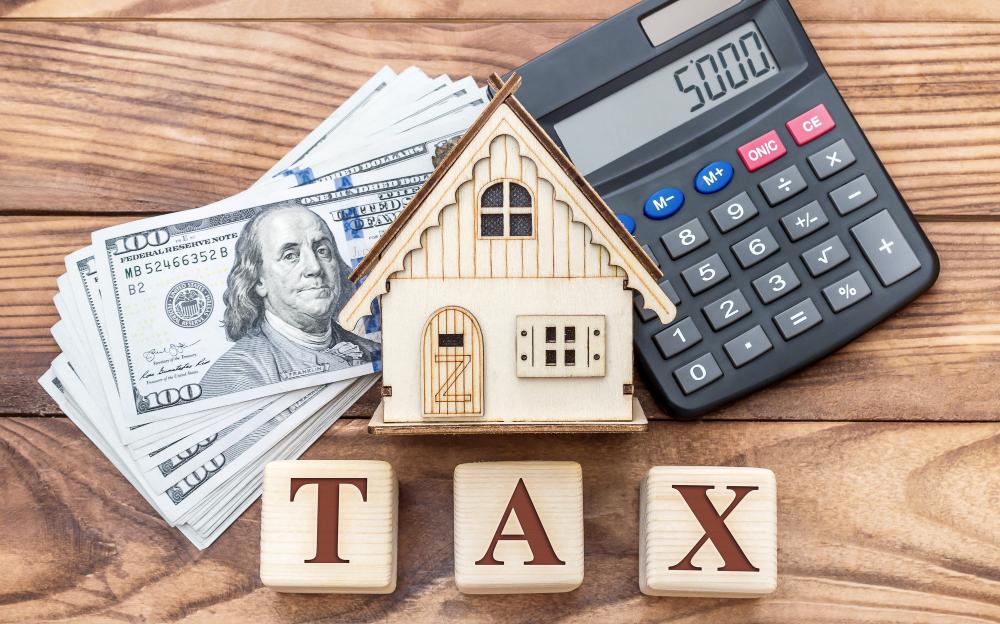Navigating the real estate market in New Jersey involves understanding several key factors, one of which is the transfer tax real estate. This tax, often referred to as the Realty Transfer Fee (RTF), is an essential component of any property transaction. Whether you’re buying or selling, knowing how this tax works can help you better prepare for closing costs and negotiations.
What Are Real Estate Transfer Taxes?
Real estate transfer taxes are fees imposed by the state when property ownership changes hands. In New Jersey, the transfer tax is calculated based on the home’s sale price and is typically paid by the seller.
However, for properties valued over $1,000,000, buyers are responsible for an additional 1% fee. This tax is a significant consideration during a property search or while evaluating a featured listing.
How Is the Transfer Tax Real Estate Calculated in New Jersey?
New Jersey has a variable transfer tax rate, meaning the tax increases with the property’s sale price. Here is a breakdown of the current rates:
For Homes Under $350,000
- $150,000 or less: $2.00 per $500 of value
- $150,001 – $200,000: $3.35 per $500 of value
- $200,001 – $350,000: $3.90 per $500 of value
For Homes Over $350,000
- Initial $350,000 taxed at $3.90 per $500
- $150,000 or less: $2.90 per $500 of value
- $150,001 – $200,000: $4.25 per $500 of value
- $200,001 – $550,000: $4.80 per $500 of value
- $550,001 – $850,000: $5.30 per $500 of value
- $850,001 – $1,000,000: $5.80 per $500 of value
- Over $1,000,000: $6.05 per $500 of value, plus a 1% fee paid by the buyer
Example Calculation
For a median-priced home in New Jersey at $527,599, the transfer tax amounts to approximately $4,221. Sellers should factor this cost into their overall sales strategy.
Special Considerations for Senior Citizens and Disabled Persons
New Jersey offers reduced transfer tax real estate rates for senior citizens, blind individuals, and those with disabilities. This consideration can significantly lower the financial burden for eligible sellers, allowing them to retain more of their property’s value.
Who Pays the Transfer Tax?
In most cases, the seller is responsible for paying the transfer tax in New Jersey. However, as mentioned earlier, properties over $1,000,000 require the buyer to contribute 1% towards the transfer tax. This responsibility is crucial when negotiating contracts and knowing your financial obligations during a sale.
The Impact of Transfer Taxes on Your Real Estate Strategy
By knowing how these taxes affect the bottom line, sellers can set more competitive prices, and buyers can better negotiate their provides. An experienced real estate agent can guide you through these complexities, guaranteeing you make informed decisions that align with your financial goals.
How Clever Real Estate Can Help Save on Transfer Taxes
While you can’t avoid paying the transfer tax, you can reduce other costs associated with selling your property. Clever Real Estate offers a way to save significantly on real estate commissions by partnering with top agents who charge only 1.5% compared to the New Jersey average of 2.99%. These savings can offset the cost of the transfer tax, making your real estate transaction more cost-effective.
Tax Deductibility and Financial Planning
While you may not deduct transfer taxes on your personal tax returns, except for investment or rental properties, these taxes can help reduce capital gains liabilities. Deducting transfer taxes from the property’s selling price helps sellers decrease their taxable capital gains, leading to potential tax savings.
Closing the Sale: Timing and Payment
Transfer taxes are typically paid at closing and must be budgeted for in advance. The total amount due will appear on the settlement forms for both the buyer and seller, ensuring transparency and clarity in the transaction process.
Ready to explore the New Jersey real estate market? NJLux Real Estate prides itself on providing exceptional service and expertise. Our experienced agents can help you navigate the complexities of transfer taxes and maximize your savings.
Contact us today to see how we can assist you in achieving your real estate goals.




